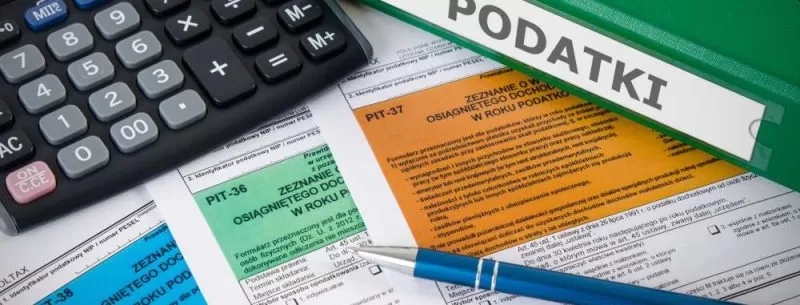
Table of contents:
- Is a manager subject to VAT?
- Under what conditions can a manager be subject to VAT?
As ruled by the Court of Justice of the European Union (Judgment of the CJEU of December 21, 2023, C-288/22), a member of the management board of a capital company who does not act on their own behalf and for their own account, and does not bear the economic risk associated with the services provided, does not carry out an independent economic activity and therefore does not pay VAT on their remuneration – the Court of Justice of the EU ruled. The judgment is part of the dispute over the possibility of VAT taxation of services provided by managers in capital companies.
Is a manager subject to VAT?
The case concerned a member of the board responsible for receiving reports from the management staff, discussing action strategies, resolving issues related to settlements of companies and subsidiaries. When necessary, he also participated in work related to the financial reports of companies and in preparing proposals for shareholders’ meetings. His remuneration was sometimes set as a percentage of profits, and in other cases, it was a fixed lump sum.
According to the Luxembourg tax authority, this board member conducted an independently economic activity subject to VAT – a view contested by the manager. The CJEU received a preliminary ruling in the context of a domestic dispute for guidance on interpreting the EU VAT directive.

Under what conditions can a manager be subject to VAT?
In response, the Court clarified that the key issue is whether the manager carries out activities on their own behalf, for their own account, with their own responsibility, and whether they bear economic risk as a result. If the division of responsibilities between board members and the company can be considered similar to that between an employee and an employer – there is no question of conducting economic activity within the meaning of the VAT law. The CJEU emphasized that although a manager contributes their expertise and know-how to the management of companies and participates in board votes, the risk associated with the effects of their decisions is borne by the company. Therefore, the CJEU ruled that the activity of a board member is not carried out independently within the meaning of Article 9(1) of the VAT directive if they do not act on their own behalf or for their own responsibility and do not bear economic risk associated with their activity, even if they freely organize the way their work is carried out and are not hierarchically subordinate.
It is worth noting that a manager could be subject to VAT even if they receive a percentage-based remuneration, dependent on profits, or in a fixed, lump-sum amount.